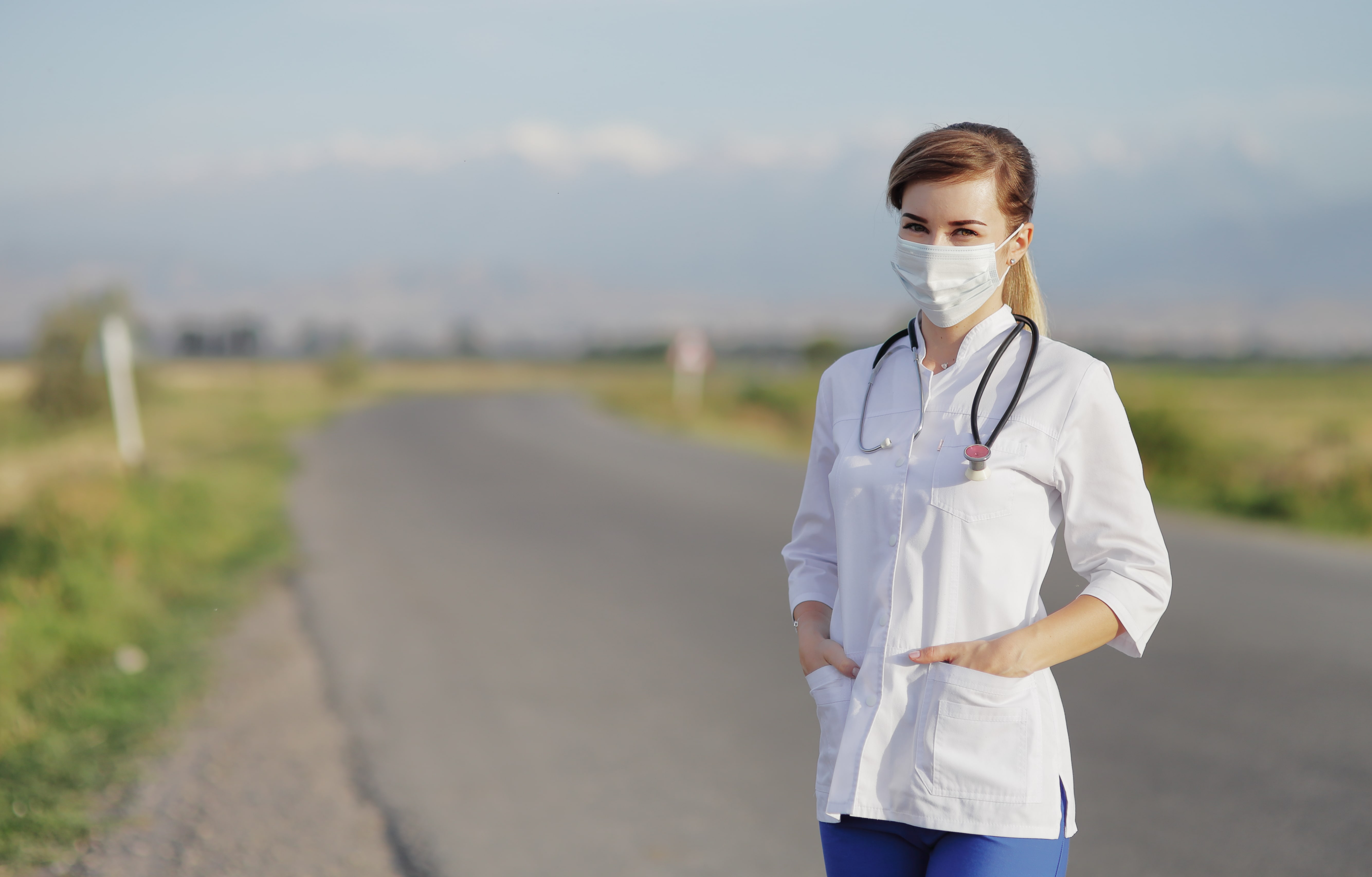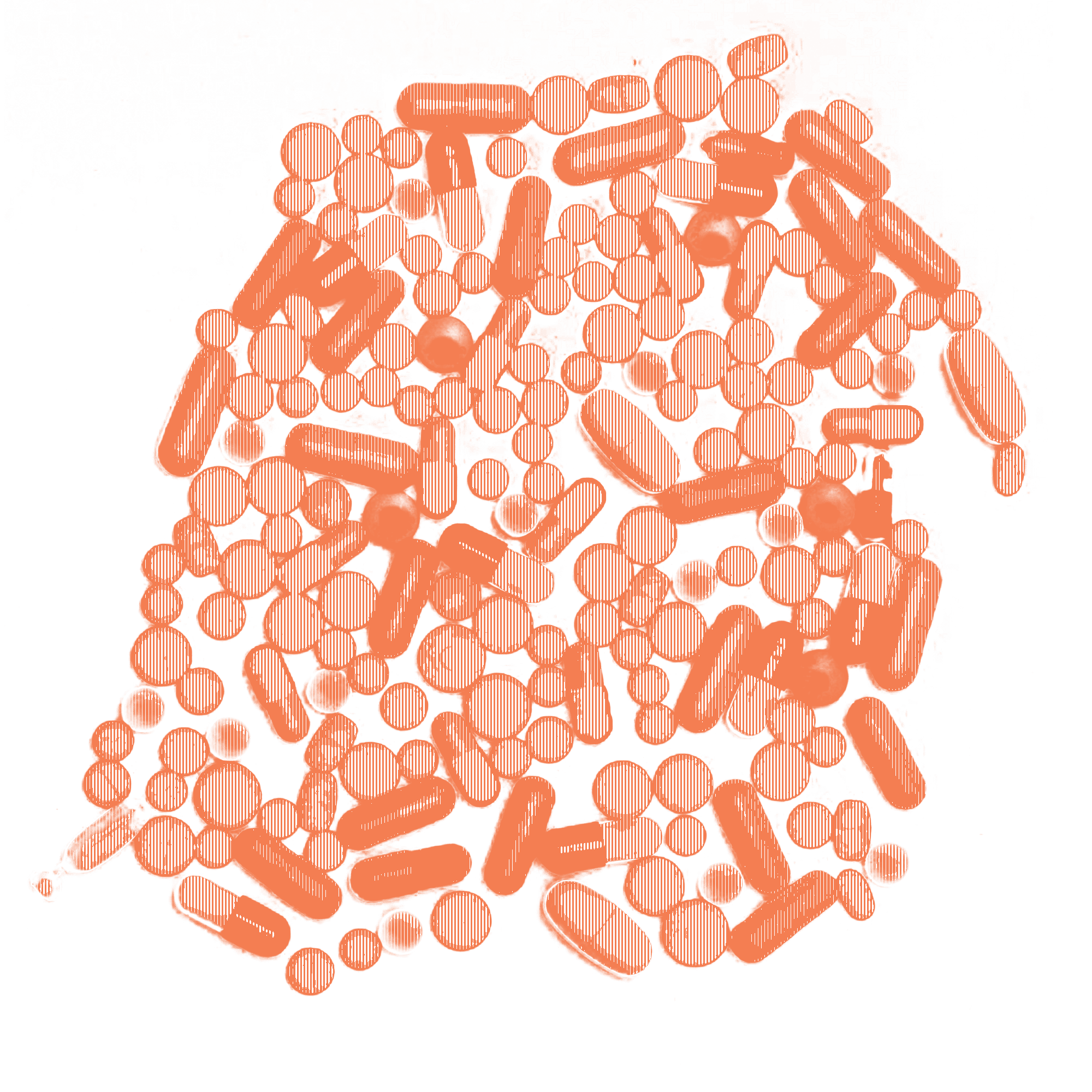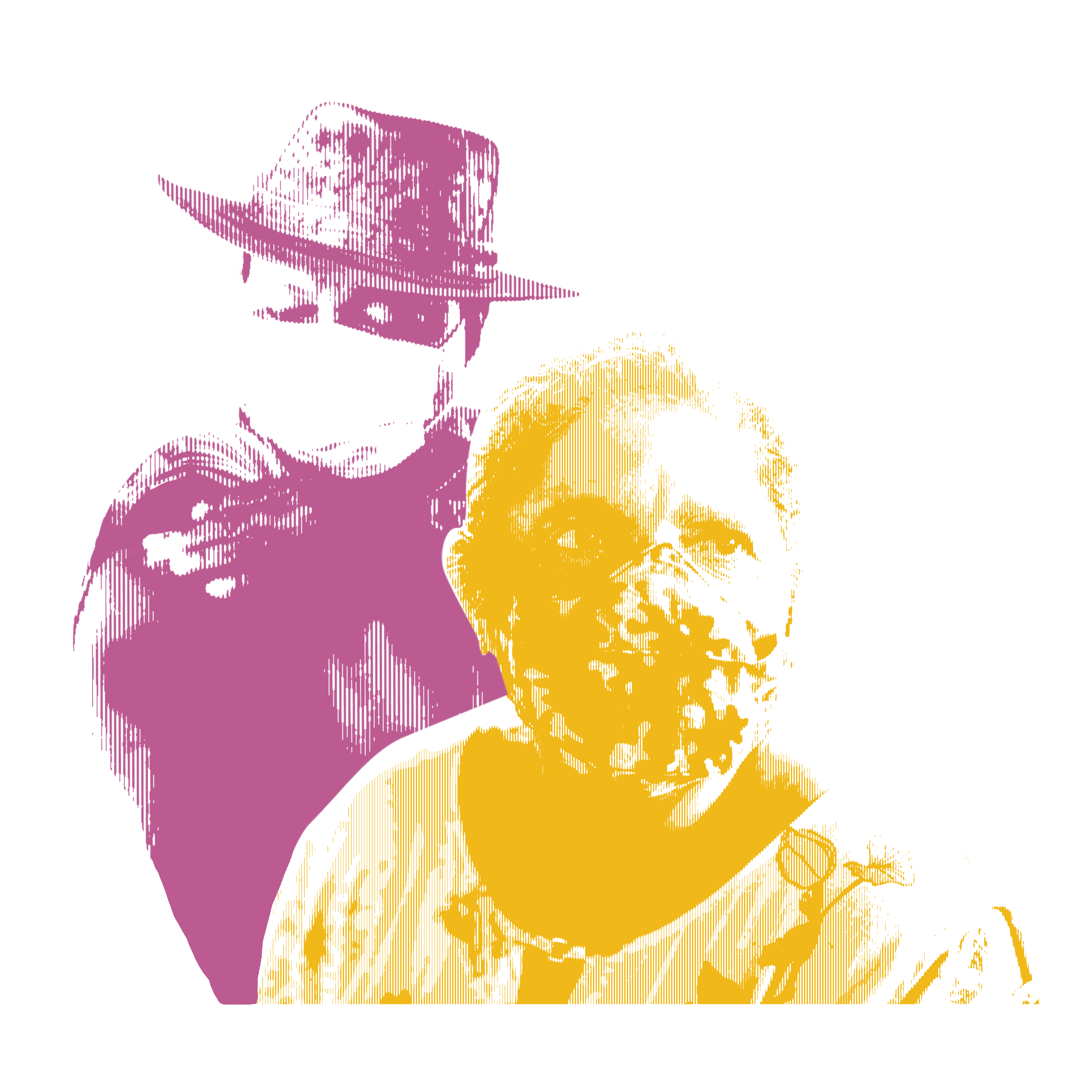The FDA recently made it easier for people to obtain a powerful overdose-reversing medicine. Narcan previously required a prescription, but soon will be sold over the counter. Communities are already using it to fight overdose deaths. With support from the Pulitzer Center and in collaboration with the Global Health Reporting Center, William Brangham reports from New York for our series Rural RX.

As a nonprofit journalism organization, we depend on your support to fund more than 170 reporting projects every year on critical global and local issues. Donate any amount today to become a Pulitzer Center Champion and receive exclusive benefits!
Read the Full Transcript
Geoff Bennett: The FDA recently made it easier for people to obtain a powerful overdose-reversing medicine called naloxone.
The drug, sold as Narcan, previously required a prescription, but soon will be sold over the counter. Many communities are already successfully using it to fight the tide of overdose deaths.
With support from the Pulitzer Center and in collaboration with the Global Health Reporting Center, William Brangham reports from Upstate New York as part of our series Rural Rx.
William Brangham: A late winter night in Cato, New York, a tiny town west of Syracuse. The crowd is cheering on the home team and point guard Julia Wilson. That's Julia's mom. On the court, Julia is cool under pressure, and not just on the court, as she proved last summer.
Julia Wilson, Student: My dad comes running in my room and he's like: "Something's happening at the neighbor's house." So I just figured he was messing with me.
And so I was like: "Yes, very funny."
He’s like: "No, I'm serious." He goes: "I think there's an overdose."
And so I look out the window and I can see this man laying on the floor in a shed. And I can see two people trying to do CPR on him.
William Brangham: Many people would freeze, but Julia had learned what to do in this situation.
Julia Wilson: And so I run back into my room. I grab my Narcan kit.
William Brangham: Narcan is a nasal spray version of naloxone, a medication that can reverse an overdose of heroin, fentanyl or other opioids if it's given in the first critical stretch of time.
Julia Wilson: And I get in there. And this man, he's just laying there. He's not talking. He's not responding at all.
And so I check to see if he has a pulse. He didn't. And so I grabbed my — one of my gloves, and I just wrapped it around the Narcan, and I just put one dose in his nose. He still wasn't breathing. So I started to perform CPR when my dad got the other package of Narcan out. Then I stopped. And I put in the other dose.
William Brangham: And when he comes around and opens his eyes, what was your response?
Julia Wilson: When I seen him sit up, it was kind of just like a — like, all I could think was just wow.
William Brangham: Julia learned what to do in a health class that was called Bones, Bodies and Bandages. The class was taught then, as it is today, by Donna Cappellano, or Ms. Cap, as everyone calls her.
Donna Cappellano, Teacher: This is a skill. And kids love hands-on things. And so this is just one other avenue to keep yourself healthy or to — or to be able to help a friend.
If you know that you can do something to help somebody and you can get the skill, do it, because, otherwise, you're going to feel — you're just going to feel bad that you didn't help.
William Brangham: The overdose epidemic touches every part of the country.
But rural areas have special challenges, like fewer providers who treat people with substance use disorders, and long wait times when people call for help after an overdose. That underscores the importance of Narcan.
Monika Salvage, Project Director, Healing Cayuga: That whole idea of having Narcan on you, in your purse, in your car, that's really something we stressed over the last three years.
William Brangham: Monika Salvage is the director of Healing Cayuga, the county's program to fight overdose and addiction.
Monika Salvage: Obviously, it's still important for first responders to come and to have that follow-up care.
But those few minutes are really important. And it's even more critical in rural areas, where it's not just a few minutes until first responders arrive.
William Brangham: The push to distribute Narcan here was funded until recently by a federal study called Healing Communities, which poured money into sites in four states.
Wally Meyers, Narcan Trainer: Hey, I'm going to check the boxes.
William Brangham: In Cayuga County, the pied piper is Wally Meyers. Going door to door, Meyers preaches and teaches overdose prevention to anyone who will listen.
Wally Meyers: The white tip in the nose. Push the red button.
Woman: That's it?
Wally Meyers: Then you call 911, OK? You wait three minutes; 911 will be on the phone with you while you wait three minutes. There's two doses in a box. You don't administer another dose until three minutes.
Woman: All right.
Wally Meyers: Stay cool.
Woman: You too. Stay warm out there.
Wally Meyers: Stay out of trouble.
William Brangham: Meyers tries to make sure that government buildings and private businesses have Narcan kits on the wall. They're free, available to anyone who opens up the box.
I see, so two of those per box?
Wally Meyers: Yes.
William Brangham: And when someone goes into one of the boxes, they're supposed to take the whole thing?
Wally Meyers: The whole box, yes.
William Brangham: Just because a lot of times you need more than one.
Wally Meyers: Well, I mean, a lot of times, it's — it seems as though they don't — two doesn't work, seven, yes, seven for me.
So I have been in recovery for 10 years, but sober for six-and-a-half. So, I relapsed, overdosed on fentanyl. Seven doses of Narcan to bring me back.
William Brangham: Haunted by demons of his own, Meyers is fighting to give other people the same second chance that he got.
Wally Meyers: I sniffed two lines. And I stood up and I fell over and I bounced my head off of a nightstand, rolled in a closet. My oldest daughter found me there all aspirated and called 911, and basically saved my life.
William Brangham: When Cayuga County started this program two years ago, none of these boxes were on the wall.
None?
Wally Meyers: None. And now there's, I think, 188 of them.
William Brangham: All told, Healing Cayuga has put more than 3,000 Narcan kits into the community. At least 113 people here have been revived by bystanders with Narcan.
And since 2020, even as fatalities hit new highs all over the country, in this rural county, they are down by a stunning 43 percent. It's not just Narcan. The program encourages doctors to treat people using medications that reduce physical cravings. It's called medication-assisted therapy, or MAT.
Monika Salvage: There is a lot of science behind that, that medications for opioid use disorder have really proven to be a good way to get people on the path to recovery.
William Brangham: Federal funding paid for a doctor who wrote the prescriptions, but that money ran out in January.
Monika Salvage: So we're again relying on our local providers to step in. It's hard, because places are overrun. So it's really hard to get somebody in the same day.
William Brangham: In downtown Auburn, in the shadow of the prison that once housed the country's first electric chair, there's a place called Nick's Ride.
Most weeknights, the scene in the basement is jarring, literally. They call it combat recovery. Up in front, firing them up is a former MMA fighter named Randy Smith.
Randy Smith, Peer Counselor, Nick's Ride 4 Friends: So, I can't let my guard down, right? Like, I drop my hands, one good shot on my jaw is going to put me on the mat. Same thing in recovery.
William Brangham: Smith ended up here after developing a fierce addiction to painkillers. He's what they call a peer counselor, offering moral and practical support to people who are just starting their recovery.
Randy Smith: And a mark of a true champion isn't whether you get knocked down or not. It's whether you get back up.
William Brangham: Afternoons finds Smith in the basement with his crew, many in recovery from substance use, others just looking for a good workout.
Most mornings find Smith at the local jail. He was once an inmate here.
Randy Smith: And when I was here, it was during COVID. And I had to quarantine in the cell right there for 14 or — 14 or 15 days.
William Brangham: Now he's leading a women's support group.
Randy Smith: We will start with check-ins.
William Brangham: Nationwide, women in rural areas are more likely to die of an overdose than women in cities.
Smith knows the challenge is keeping people alive long enough that they can find their way to a new path. And that takes everybody pitching in.
In fact, just a few months after her first save, Julia had to grab the Narcan again. This time, it was someone close to her family. And, this time, they didn't make it.
I'm really sorry. That's horrible. I mean, you know you did everything you could possibly, and…
Julia Wilson: I have had a couple of people. I don't know if you know Wally maybe.
William Brangham: Mm-hmm.
Julia Wilson: He's reached out. He's always checking in on me every couple of weeks. I definitely have support when I need help.
William Brangham: In the fall, Julia will head off to study nursing at a joint program with SUNY Upstate Medical University, lending her hand yet again to try and heal the troubled world around her.
For the "PBS NewsHour," I'm William Brangham in Cayuga County, New York.









